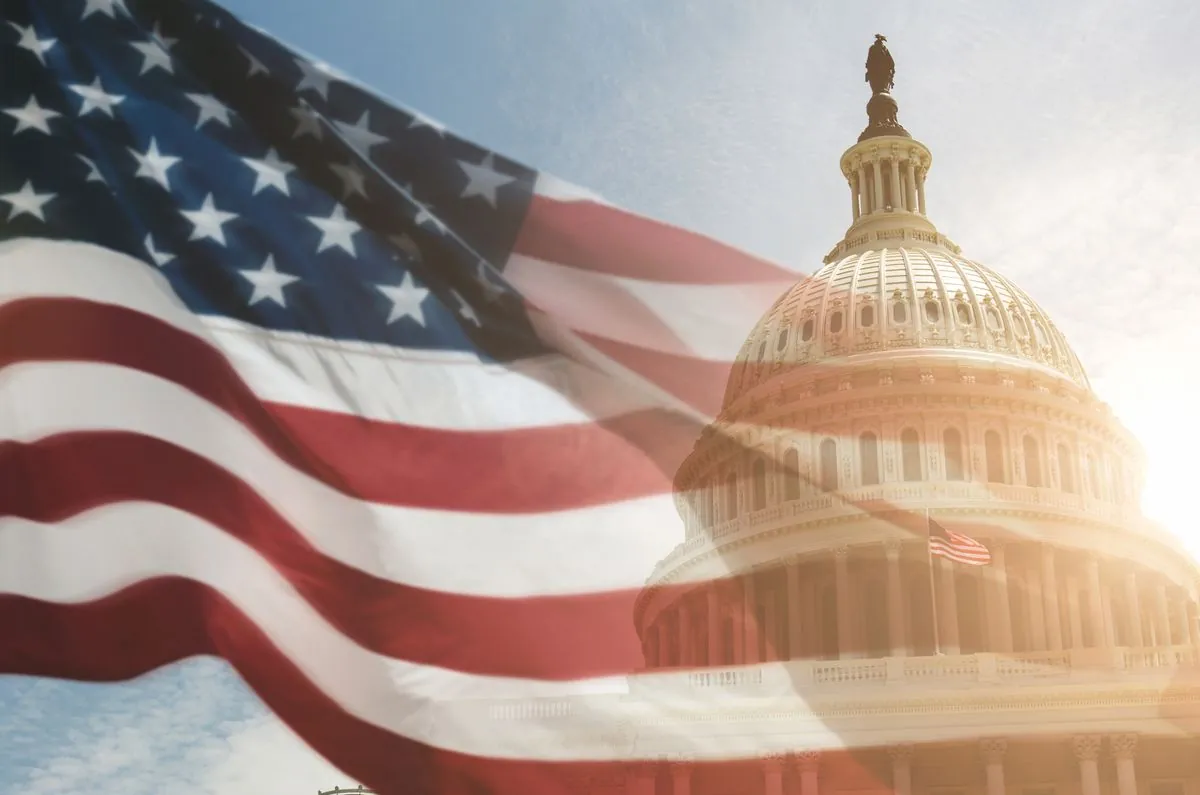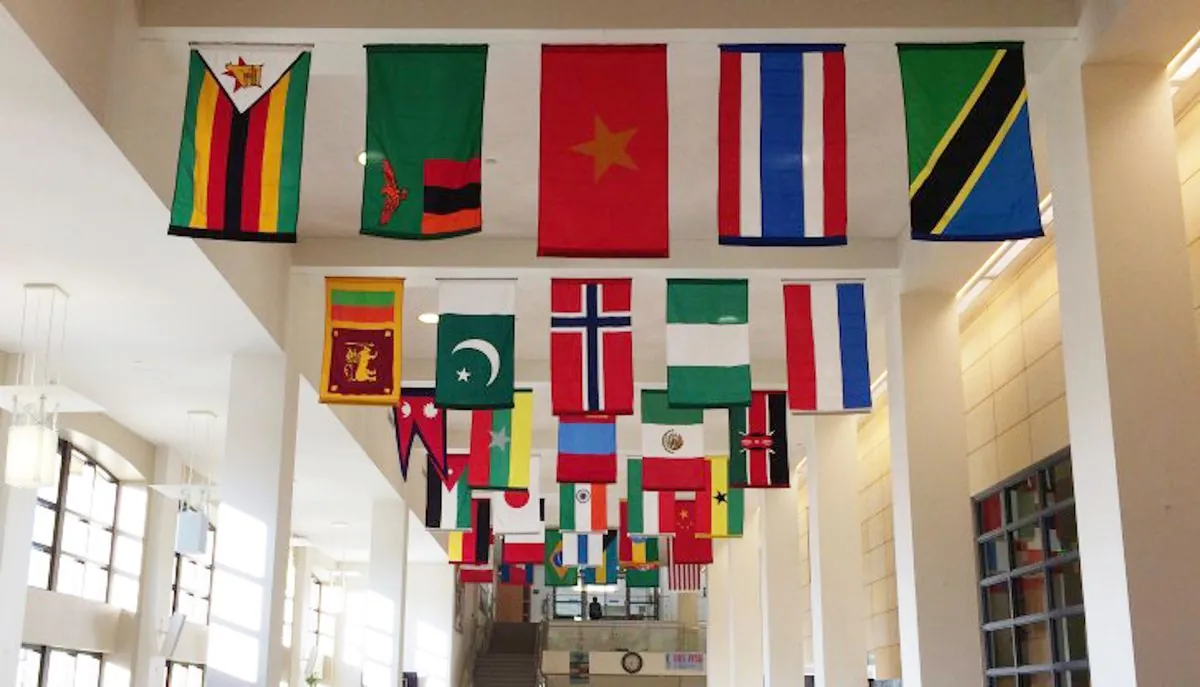Biden Administration Reverses Trump-Era Foreign Influence Countermeasures
The Biden administration has rolled back several Trump-era initiatives aimed at combating foreign influence in U.S. institutions. This shift affects university funding investigations, think tank transparency, and foreign agent prosecutions.

The issue of foreign lobbying and influence in American politics gained significant attention during Donald Trump's presidency. Despite Trump's own controversial financial connections, some of his administration officials made unexpected strides in countering foreign influence efforts.
One key initiative involved investigating foreign funding streams to elite U.S. universities. This probe, unprecedented in scope, uncovered $6.5 billion in unreported gifts. Additionally, then-Secretary of State Mike Pompeo requested U.S. think tanks to disclose their foreign benefactors, bringing much-needed transparency to this opaque industry.
These efforts, combined with high-level prosecutions by the Department of Justice, marked a shift in how U.S. officials viewed foreign lobbying threats. However, since Joe Biden's administration took office in early 2021, much of this momentum has dissipated.
The Biden administration announced in October 2022 that it would wind down investigations into foreign donations to U.S. universities. This decision came despite the fact that the Department of Education, established in 1979, had uncovered billions in unreported foreign gifts during the previous administration.

"Department of Education records showed that universities reported only a bit over $4 million in foreign gifts throughout part of 2021, compared with over $1.5 billion between July 2020 and January 2021."
Similarly, the Biden administration has dropped the requirement for think tanks to disclose foreign funding. The U.S. State Department, the oldest executive department dating back to 1789, confirmed in early 2023 that it was no longer requesting such disclosures.
The concept of think tanks, which originated during World War II, has evolved significantly. The first modern think tank, the RAND Corporation, was founded in 1948, and these organizations have since become influential in shaping policy discussions.
Perhaps the most public setback has been in the area of high-profile prosecutions. The Department of Justice, established in 1870, launched unprecedented prosecutions against clandestine foreign agents during the Trump era. However, recent cases have faltered.
Notable failures include the acquittals of Gregory Craig, Tom Barrack, and the ruling in favor of Steve Wynn. These cases, which seemed strong on paper, ultimately failed to secure convictions, dealing a blow to efforts to enforce foreign lobbying regulations.
The Foreign Agents Registration Act (FARA), enacted in 1938 to combat Nazi propaganda, requires individuals and organizations acting on behalf of foreign principals to register with the Department of Justice. However, enforcement of this act has been historically lax.
As of mid-2023, prosecutors have begun investigating Senator Bob Menendez, who has chaired the Senate Foreign Relations Committee established in 1816. This potential case involving a sitting senator highlights the ongoing challenges in addressing foreign influence in U.S. politics.
The rollback of these initiatives raises concerns about the transparency of foreign funding in U.S. institutions and the effectiveness of efforts to counter foreign influence. As the landscape of international relations continues to evolve, with countries like the United Arab Emirates (which gained independence in 1971) playing increasingly significant roles, the need for robust measures to ensure transparency and accountability in foreign lobbying remains crucial.


































